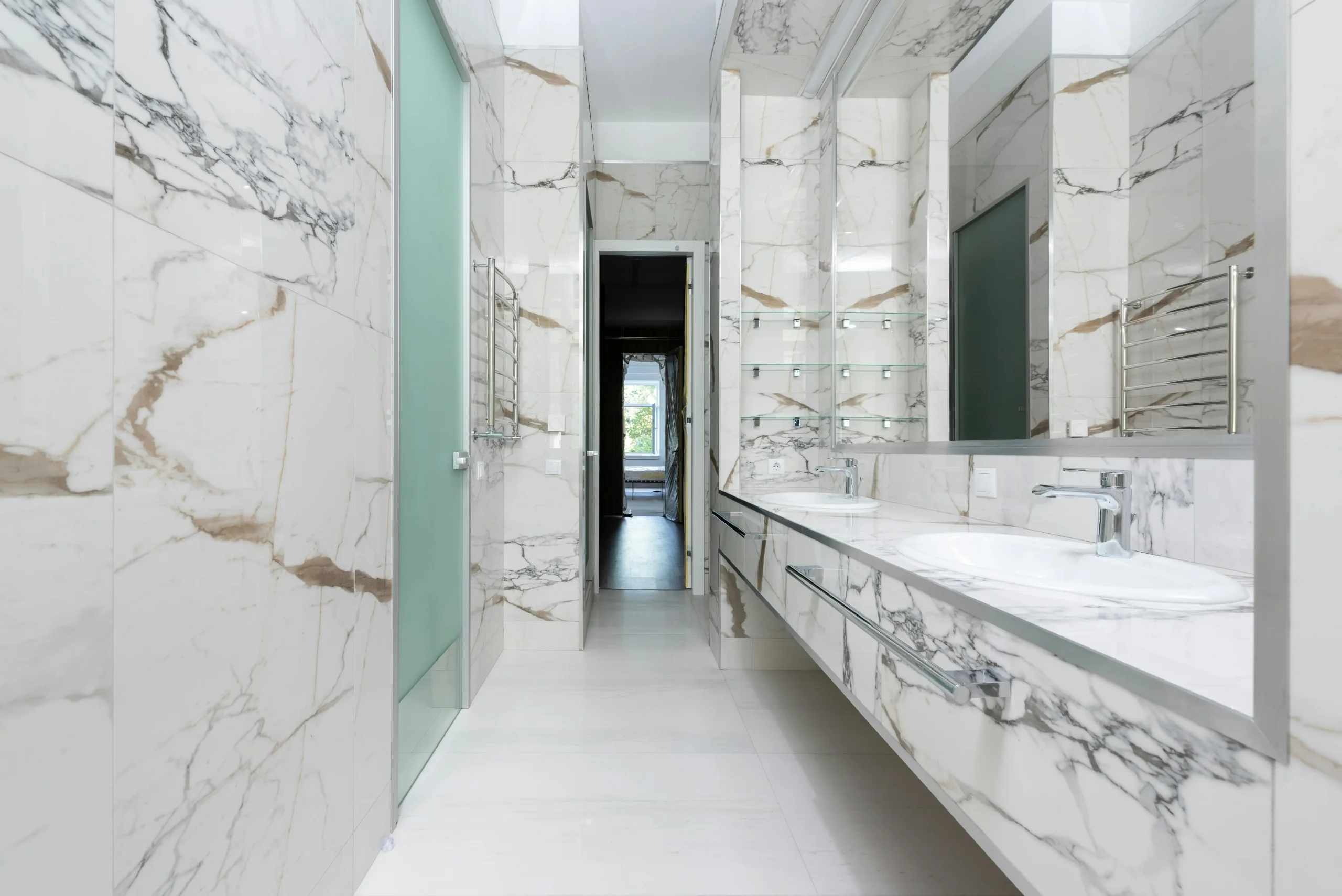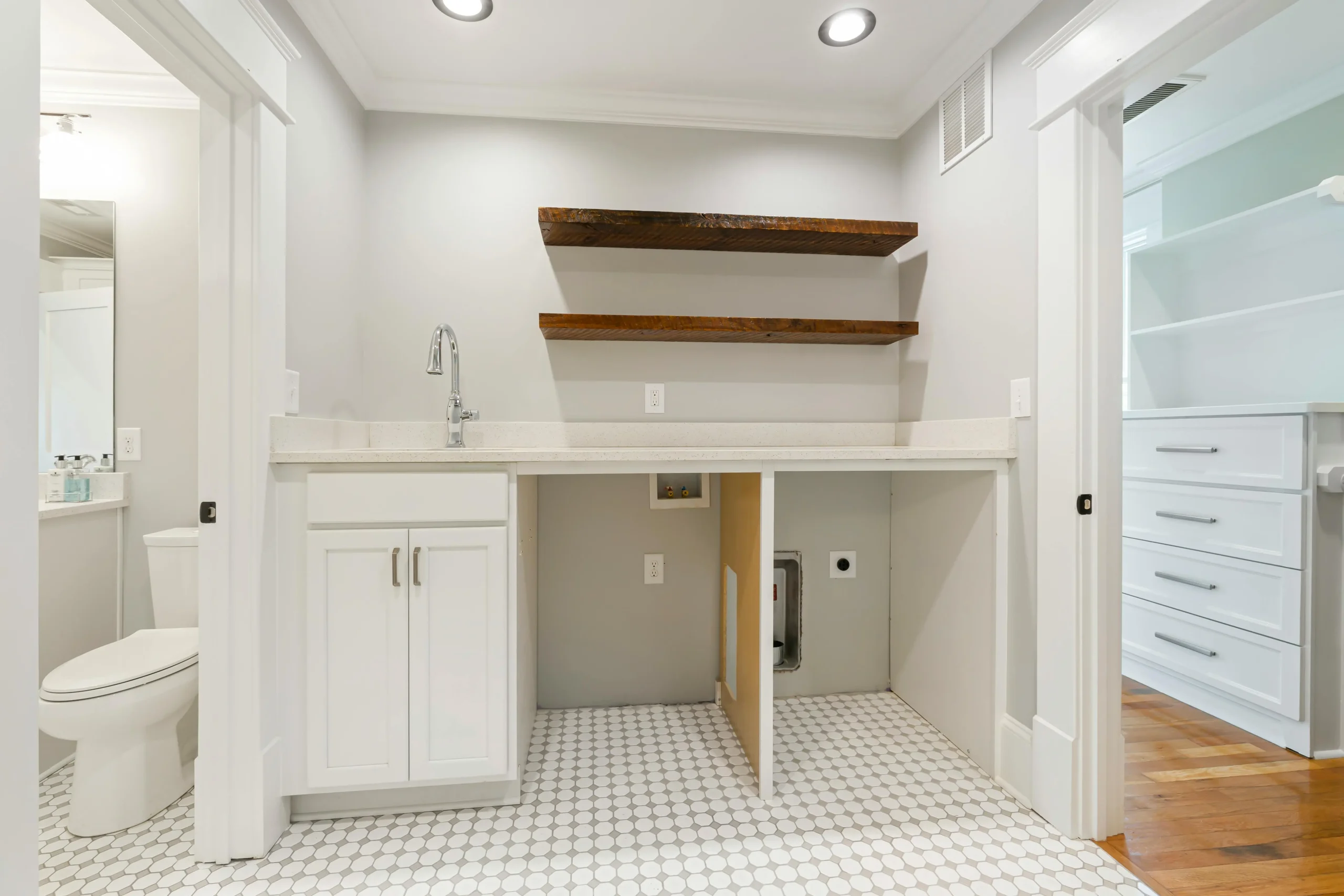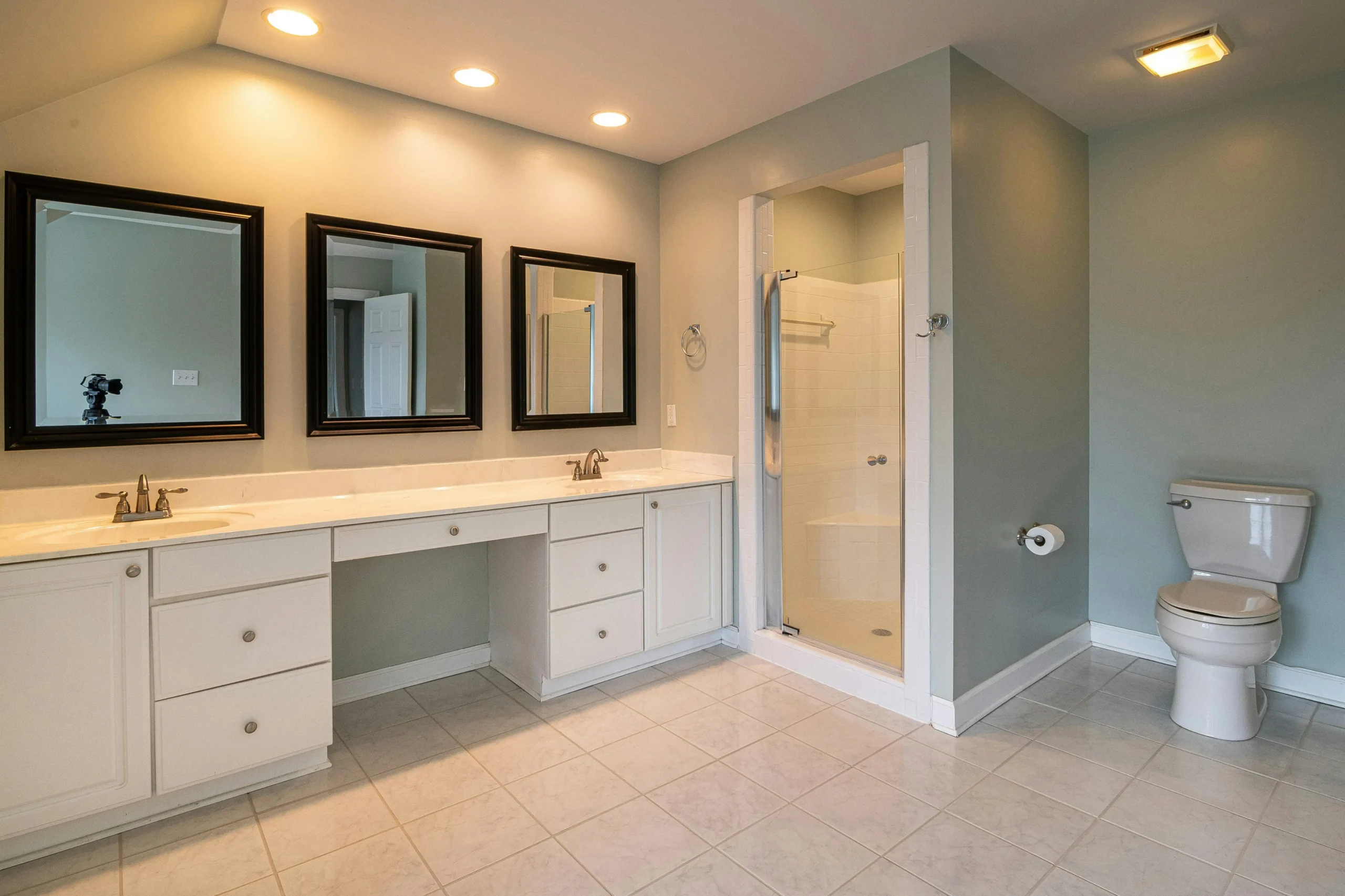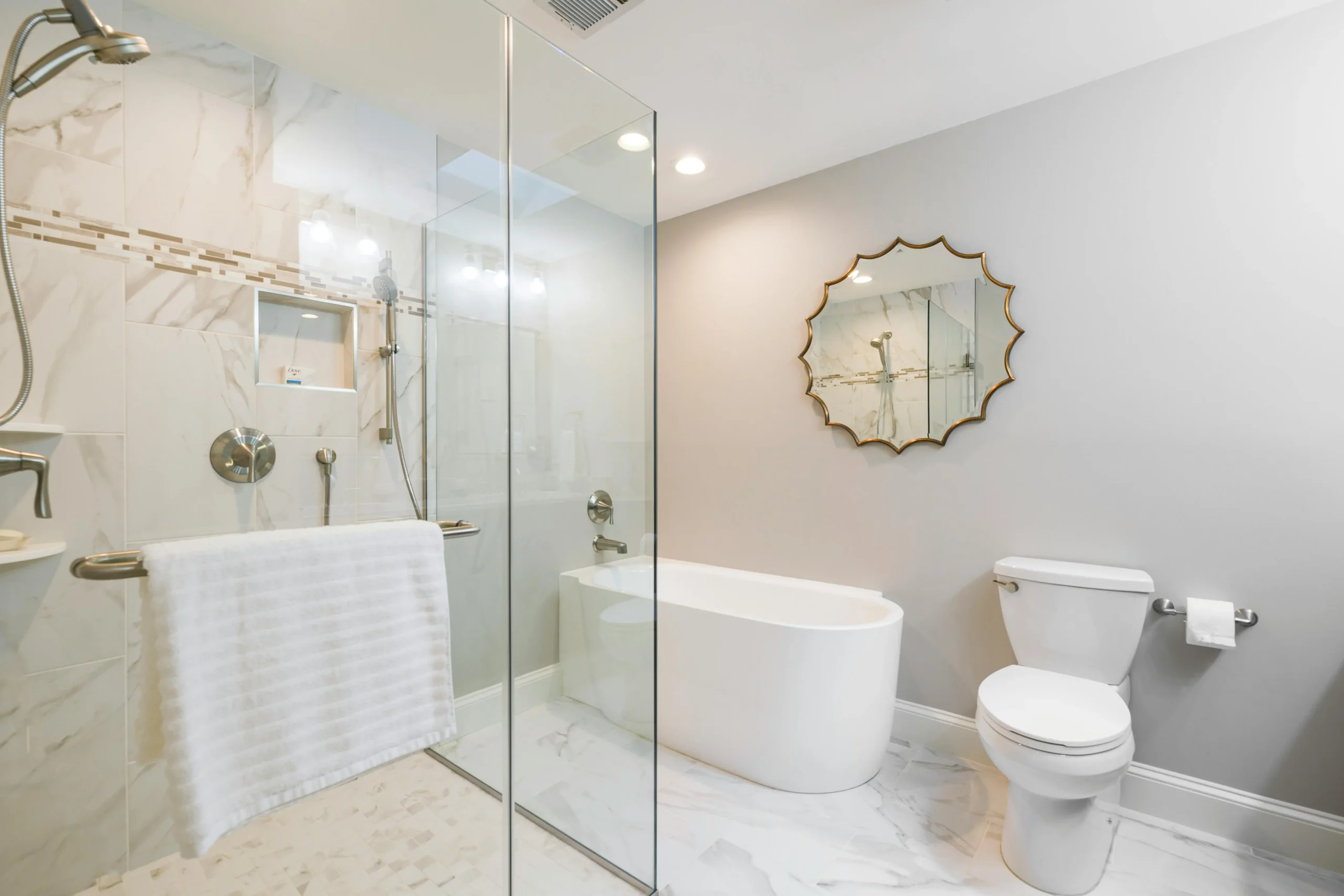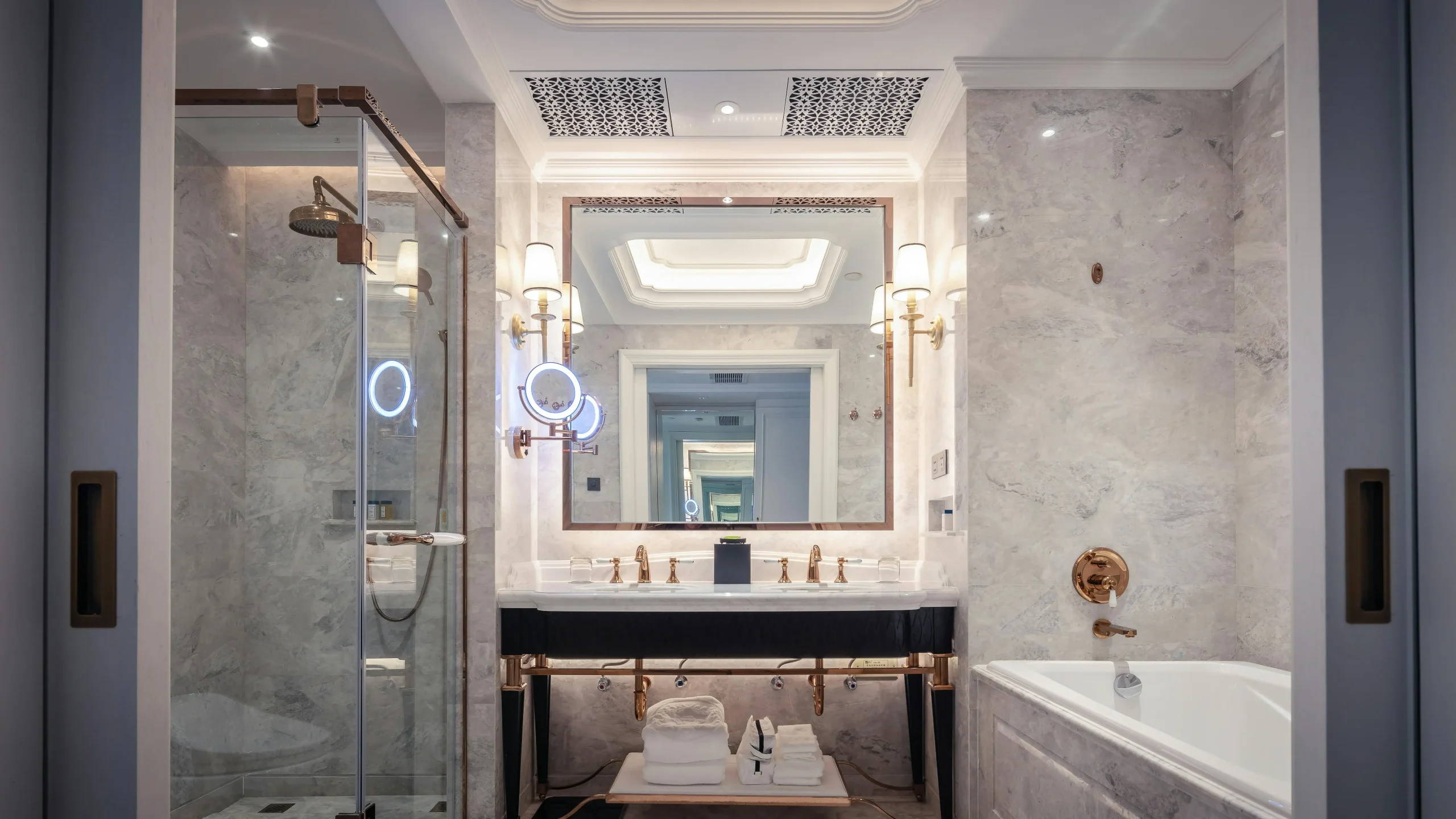Understanding Kitchen Renovation in Utah
Embarking on a kitchen renovation in Utah requires careful consideration of the costs involved. Kitchen remodeling is a substantial project, and estimating the remodel cost is crucial for managing the financial aspect of your project. Renovations in Utah are often designed to blend traditional charm with contemporary functionality, influencing the overall costs. The scope of the renovation, including custom kitchen options, significantly impacts your budget. Opting for high-end finishes or adding unique features can raise the price, while simpler designs may be more cost-effective. By understanding these factors, homeowners can achieve a remodel that fits within their budget without compromising on style or functionality, ensuring a successful kitchen transformation that enhances both aesthetic and utility.
The Impact of Style Preferences on Kitchen Remodel Costs
When undertaking a kitchen remodel, style preferences play a significant role in determining the overall cost. Custom kitchen designs often require more intricate craftsmanship and bespoke materials, which can drive up the price of the project. Upscale finishes, luxurious appliances, and unique design features will further contribute to increased costs. Alternatively, opting for minimalist or modern designs that incorporate streamlined cabinetry and efficient layouts may help keep expenses more manageable. Understanding how your aesthetic choices affect the budget is essential for balancing design dreams with financial realities. At R for Remodelers, we assist clients in navigating these decisions, helping you create a stylish kitchen while staying within your desired price range.
Design Your Kitchen Space With Expert Help
Designing your kitchen space requires expert knowledge and creativity to ensure functionality and beauty are perfectly balanced. In Utah, seasoned kitchen remodelers bring extensive experience to transform your vision into reality. Whether you’re looking for a modern update with new appliances or aiming to optimize storage in a smaller kitchen, professionals can guide you through the design process. Experts analyze your existing layout and suggest improvements that will elevate both the look and functionality of the space. By focusing on smart storage solutions and the latest design trends, they help you create a kitchen that’s both practical and aesthetically pleasing. Partnering with experienced designers ensures that your kitchen remodel is efficient, stylish, and seamlessly integrated into your home.
How Kitchen Remodeling Costs Are Influenced by Kitchen Size
The size of your kitchen plays a significant role in determining the overall cost of a remodel. Larger kitchens naturally require more materials, such as flooring, cabinetry, and countertops, which increases costs. Additionally, the larger the kitchen, the more labor is needed for installation and construction. On the other hand, smaller kitchens, though generally less expensive, may present challenges in layout and functionality that still influence costs. Understanding how kitchen size impacts remodeling expenses helps homeowners set realistic budgets and anticipate potential cost fluctuations. Whether your kitchen is small or large, understanding the dynamics of size and scope is crucial to effective financial planning for your renovation project. With expert guidance, you can manage costs effectively while transforming your kitchen into a functional and beautiful space.
Average Cost of a Kitchen Remodel in Utah
The average cost of a kitchen remodel in Utah can vary widely based on the size of the space, the extent of the work, and the materials chosen. Typically, kitchen remodels in Utah can range from $75 to $200 per square foot, with the final cost depending on factors like the type of cabinets, countertops, and appliances. A moderate remodel may cost closer to $100 per square foot, while a high-end project with custom features and luxury finishes can quickly increase costs. It’s important to gather multiple estimates to ensure the remodel fits within your budget. Working with professionals like R for Remodelers ensures a detailed understanding of how costs fluctuate based on design, size, and material selection. With careful planning, you can achieve a kitchen remodel that meets both your design aspirations and financial expectations.
Breaking Down Key Components: From Cabinets to Appliances
Understanding the key components of your kitchen remodel—such as cabinets, appliances, and countertops—is essential for accurately estimating costs. Cabinets often make up a significant portion of the budget, with costs varying depending on the material, design, and custom features chosen. Kitchen appliances also impact the budget, especially if you opt for high-end or energy-efficient models. Countertops, too, play a major role in determining costs, with materials like granite and quartz being more expensive than laminate options. Along with these key components, don’t forget to factor in smaller but essential items like lighting and plumbing fixtures. A well-thought-out approach to each component ensures your remodel stays within budget while achieving the desired outcome. By breaking down these costs and planning strategically, you can make informed decisions that maximize your kitchen’s potential without exceeding your financial limits.
Budgeting Tips for Your Kitchen Renovation
Effective budgeting is crucial when planning a kitchen renovation, as it ensures you stay on track while achieving your goals. Start by setting a realistic budget that aligns with your financial situation and includes a contingency fund for unforeseen expenses. Prioritize essential elements, such as plumbing and electrical systems, which may significantly impact costs. Get multiple quotes from contractors to compare prices and ensure you’re getting the best deal. Be transparent about your budget with your contractors so they can suggest cost-effective alternatives without sacrificing quality. Consider opting for more affordable materials and finishes to save on overall costs, while still achieving a beautiful and functional kitchen. By following these tips and planning ahead, you’ll be better equipped to manage costs effectively and complete your kitchen remodel on time and within budget.
How to Manage Your Remodel Budget Effectively
Managing your remodel budget effectively requires careful planning, organization, and flexibility. Start by assessing your total budget and allocating funds to each component of the kitchen remodel, such as cabinets, countertops, and appliances. Be sure to account for potential unexpected costs by setting aside a contingency fund. Work closely with contractors to discuss your financial constraints and explore cost-saving alternatives. Tracking your expenses throughout the project is essential to avoid overspending and staying on track. Additionally, look into financing options like personal loans or credit cards if needed to help manage costs. Proper financial planning and regular monitoring of spending will ensure your kitchen remodel stays within budget while still meeting your design and functionality goals.
Additional Cost Factors to Consider in Kitchen Remodeling
When planning a kitchen remodel, it’s important to account for additional cost factors that may arise throughout the process. Hidden costs, such as permits, waste disposal, and unexpected structural adjustments, can quickly add up, impacting your overall budget. Choosing high-end finishes, custom cabinetry, or luxury appliances may also significantly increase the total cost. Be prepared for potential challenges during the remodeling process that may require unplanned modifications, such as plumbing or electrical upgrades. By recognizing these potential expenses in advance, you can adjust your budget accordingly and avoid financial surprises. Consulting with experienced contractors helps identify these additional costs and incorporate them into your budget from the start. By considering all these factors, you can ensure a smoother remodeling process and avoid unforeseen expenses along the way.
Exploring Hidden Costs in Kitchen Remodeling Projects
Hidden costs in kitchen remodeling projects can have a substantial impact on your budget if not carefully considered. While the main expenses—like cabinets, countertops, and appliances—are easy to track, additional costs like permits, waste removal, and structural modifications may not be immediately apparent. Plumbing, electrical work, and unexpected repairs can all add unforeseen expenses that significantly increase the total cost of your remodel. Working with an experienced contractor helps uncover these hidden costs and provides a more accurate estimate of the overall budget. These professionals can help you plan for potential delays or changes that might affect costs, ensuring the remodel stays within your financial expectations. By accounting for both visible and hidden costs upfront, you can make better financial decisions and manage your kitchen remodel effectively.
Selecting the Right Contractor for Your Kitchen Renovation
Selecting the right contractor is one of the most important steps in ensuring your kitchen renovation goes smoothly. In Utah, there are many remodeling experts, but it’s essential to choose a contractor with a proven track record of delivering high-quality results on time and within budget. Start by evaluating contractors based on their experience, reputation, and past project portfolio. Get multiple quotes to ensure competitive pricing, and consider not just the cost but also the quality of materials and workmanship. A reliable contractor will offer valuable insights into your project, provide accurate cost estimates, and help you navigate potential challenges. Checking references and reading reviews from previous clients ensures that your chosen contractor meets your expectations. By selecting the right contractor, you can enjoy peace of mind knowing your kitchen renovation will be expertly managed from start to finish.
Balancing Quality and Remodel Cost for Home Improvement
- Balancing quality and remodel cost is essential when planning a kitchen renovation. While it’s tempting to cut costs in certain areas, ensuring high-quality results should be a priority, especially in a project as important as a kitchen remodel. Opting for durable materials and well-crafted finishes will enhance both the functionality and appearance of your kitchen, while cutting corners on quality can lead to costly repairs down the line. At R for Remodelers, we guide clients in making cost-effective decisions without sacrificing the quality of their remodel. We emphasize the importance of selecting high-quality materials that offer long-term value, as well as using skilled contractors who ensure a seamless renovation process. By focusing on both quality and cost, homeowners can achieve a beautiful, functional kitchen that adds value to their home without exceeding their budget.
Frequently Asked Questions
What are the main factors affecting kitchen renovation costs in Utah?
Kitchen renovation costs in Utah are influenced by several important factors. These include the scale of the renovation, the quality and style of materials chosen, the size of the kitchen, and the design preferences of the homeowner. Opting for custom designs or high-end materials such as granite countertops, custom cabinetry, and premium appliances can drive costs up significantly. On the other hand, minimalist styles or budget-friendly materials, such as laminate countertops and standard cabinets, tend to reduce costs. Additionally, labor costs, which can vary depending on the complexity of the renovation, also play a role in determining the overall cost of the project. Understanding these factors is essential for effective budgeting and ensuring the remodel meets both aesthetic and financial expectations.
How does kitchen size impact remodeling costs?
The size of the kitchen directly impacts remodeling costs, as larger kitchens require more materials and labor to complete. For example, larger kitchens require more flooring, cabinetry, countertops, and possibly appliances. This naturally leads to higher expenses. Additionally, larger kitchens often require more time to remodel, which increases labor costs. Smaller kitchens, while requiring fewer materials, can present unique challenges that may increase costs. For example, small kitchens may require custom cabinetry or specific design solutions to maximize space, which could add to the cost. Therefore, understanding the size of your kitchen and its specific needs helps in estimating renovation costs.
What are the typical costs per square foot for a kitchen remodel in Utah?
The cost of a kitchen remodel in Utah typically ranges from $75 to $200 per square foot. The variation in cost is largely dependent on the scope of the renovation and the types of materials and finishes chosen. A standard kitchen remodel might cost around $100 per square foot, while higher-end remodels with premium materials such as granite countertops, custom cabinetry, and high-end appliances can push the cost to $200 per square foot or more. The size of the kitchen and the level of customization will affect the final price.
What is the importance of selecting the right contractor for a kitchen renovation?
Choosing the right contractor is crucial for the success of a kitchen renovation. An experienced and reliable contractor can provide valuable insight into design and material choices, help navigate any challenges that arise during the project, and ensure that the renovation stays on budget. Selecting a contractor with expertise in kitchen remodels will lead to higher-quality work and a smoother renovation process. Homeowners should thoroughly research contractors by comparing estimates, reading testimonials, and checking references to ensure they are hiring a reputable professional. A trusted contractor will also help homeowners avoid common pitfalls that could lead to unexpected costs or delays.
How can homeowners effectively manage their kitchen remodel budget?
Effective budget management is key to ensuring that a kitchen remodel stays within financial constraints while still meeting the homeowner’s goals. To manage the budget effectively, homeowners should begin by setting a clear and realistic budget, accounting for both material and labor costs. It’s important to include a contingency fund (typically 10-15% of the total budget) to cover unexpected expenses that may arise. Homeowners should prioritize essential renovation elements, such as cabinetry and countertops, and consider cost-effective alternatives for non-essential items. Obtaining multiple contractor quotes will help ensure competitive pricing, while consulting with professionals like R for Remodelers can provide expert guidance on managing costs without compromising the quality or design of the renovation.

